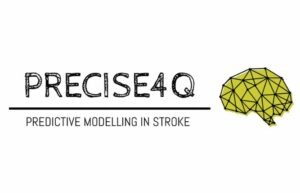The University of Tartu (UT) was founded in 1632 and is the oldest, largest and the only classical university in Estonia with 14,000 students and over 1,800 academic staff members. As Estonia’s national university, UT stresses the importance of international co-operation and partnerships with reputable research universities all over the world. To support and develop the professional competence of its students and academic staff, the university has entered into bilateral co-operation agreements with 69 partner institutions in 26 countries. UT is Estonia’s leading centre of research and training. Research at UT focuses on subjects as diverse as medicine and philosophy, genetics and computer science. The University of Tartu currently ranks among the top 2 percent of the world’s best universities (350-400 in Times Higher Education World University Rankings 2016) and belongs to the top 1% of the world’s most-cited universities and research institutions in the fields of Clinical Medicine, Chemistry, Environment/Ecology, Plant and Animal Science, Social Sciences (general), Molecular Biology and Genetics (ISI Web of Science). The Estonian Genome Centre (EGC) is a research institute of UT whose aim is to promote the development of human genetic research by collecting information on the health and genetics of the Estonian population. The activities of the EGC are focused on using the results of the latest genomic research to improve public health and developing personalised medicine in Estonia. Currently, new methods are being introduced which can help to predict and prevent disease, and treat patients based on their genomic and other health related data. In collaboration with the Institute of Computer Science, EGC is working towards more automated tools for extraction of health related data from registries and databases, as well as for the implementation of genetic information in the healthcare system. The research group in Bioinformatics, Algorithmics and Data Mining (BIIT) at UT, applies data analysis, machine learning and algorithmic techniques to a broad range of biological and health data and applications. The EGC is a centre identified for the Estonian and European Research (Infrastructure) Roadmap and a partner for the Centre of Excellence in Genomics. The EGC is participating in the European Strategy Forum on the Research Infrastructures project Biobanking and Biomolecular Resources Research Infrastructure (BBMRI). UT is also collaborating with the pan-European biological data infrastructure ELIXIR network whose mission is to facilitate global data re-use.

Jaak Vilo

